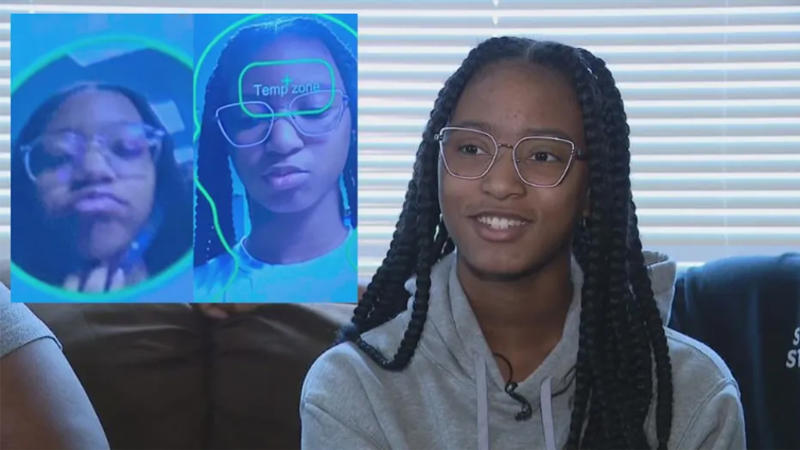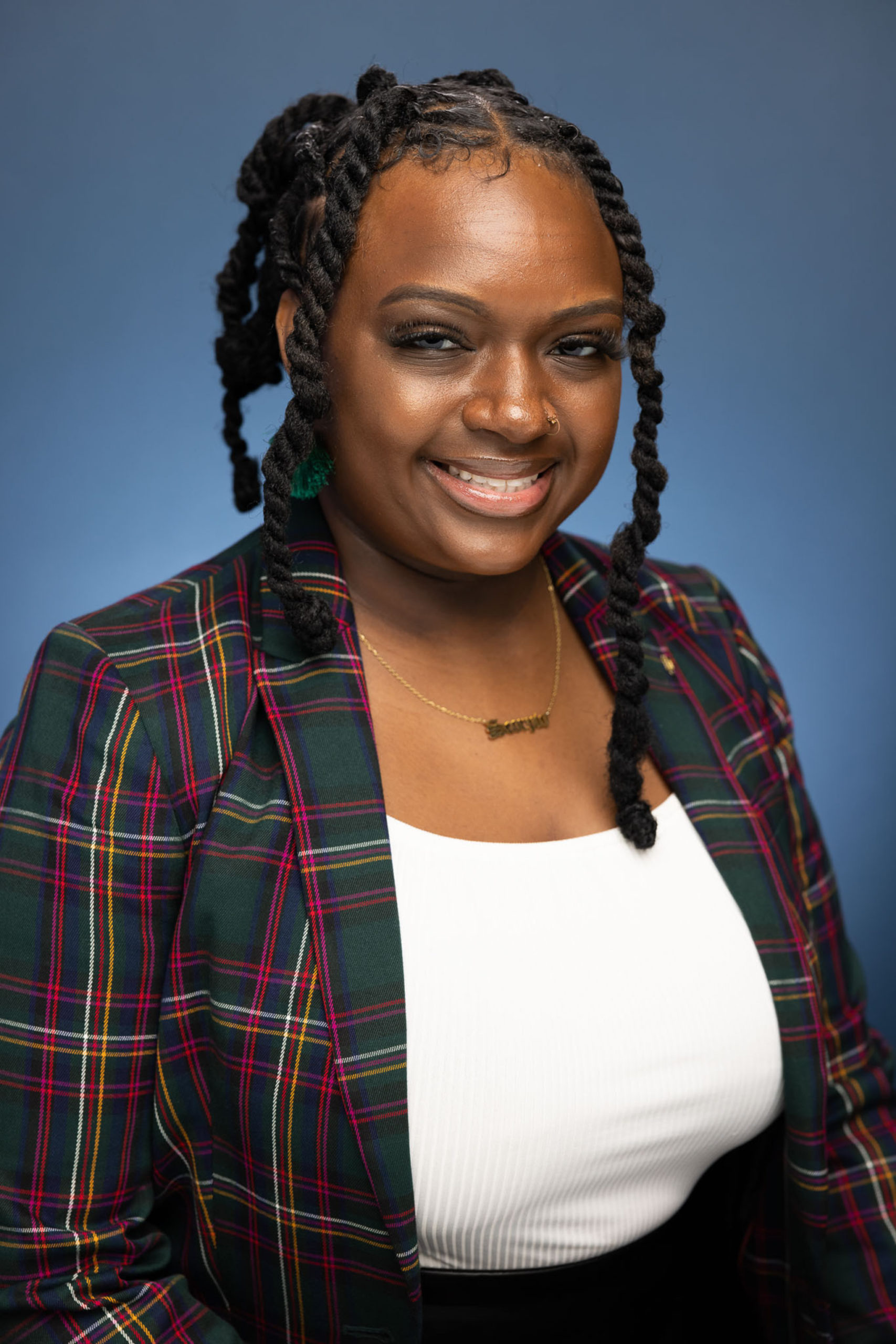Technology doesn’t always work in our favor.
After facial recognition software wrongly identified a Black teen at a local skating rink in Michigan, her parents want some answers.
“To me, it’s basically racial profiling,” said the teen’s mother, Juliea Robinson. “You’re just saying every young Black, brown girl with glasses fits the profile and that’s not right.”
According to Fox 2 Detroit, Riverside Arena skating rink’s facial recognition software misidentified Lamya Robinson which ultimately led to her being kicked out and denied access into the venue.
“I was like, that is not me. Who is that?” said Lamya. “I was confused because I’ve never been there.”
When her parents dropped her off at the rink on Saturday, they expected her to spend the day having fun and hanging out with friends but she didn’t even make it into the venue.
Lamya was denied entry after her face was scanned and the rink accused her of being involved in a brawl at the venue back in March.
“You all put my daughter out of the establishment by herself, not knowing what could have happened,” said Lamya’s father, Derrick Robinson. “It just happened to be a blessing that she was calling in frustration to talk to her cousin, but at the same time he pretty much said I’m not that far, let me go see what’s wrong with her.”
The incident with the Robinsons follows a similar instance in which the software has been under fire for misidentifying a Black person.
Robert Williams is one of the first in the country to not only be misidentified but wrongfully arrested over the technology. He addressed his concern with the system when he testified on Capitol Hill this past Tuesday (July 13).
“I just don’t think [it’s right, that my picture was used in some type of lineup, and I never been in trouble,” said Williams.
Currently, there are organizations working to fight back against the use of facial recognition.
Data 4 Black Lives is just one of 35 organizations that have signed a petition to urge retailers to stop the use of facial recognition on both customers and workers.
Organizers of the campaign have identified Lowes and Macy’s among the retailers who currently use the technology.
“Facial recognition does not accurately recognize darker skin tones,” said the head of Data 4 Black Lives, Tawana Petty. “So, I don’t want to go to Walmart and be tackled by an officer or security guard, because they misidentified me for something I didn’t do.”
At this time, both Juliea and Derrick Robinson are considering legal action against the Livonia skating rink but are thankful that this incident did not lead to an unnecessary interaction with the police.

















